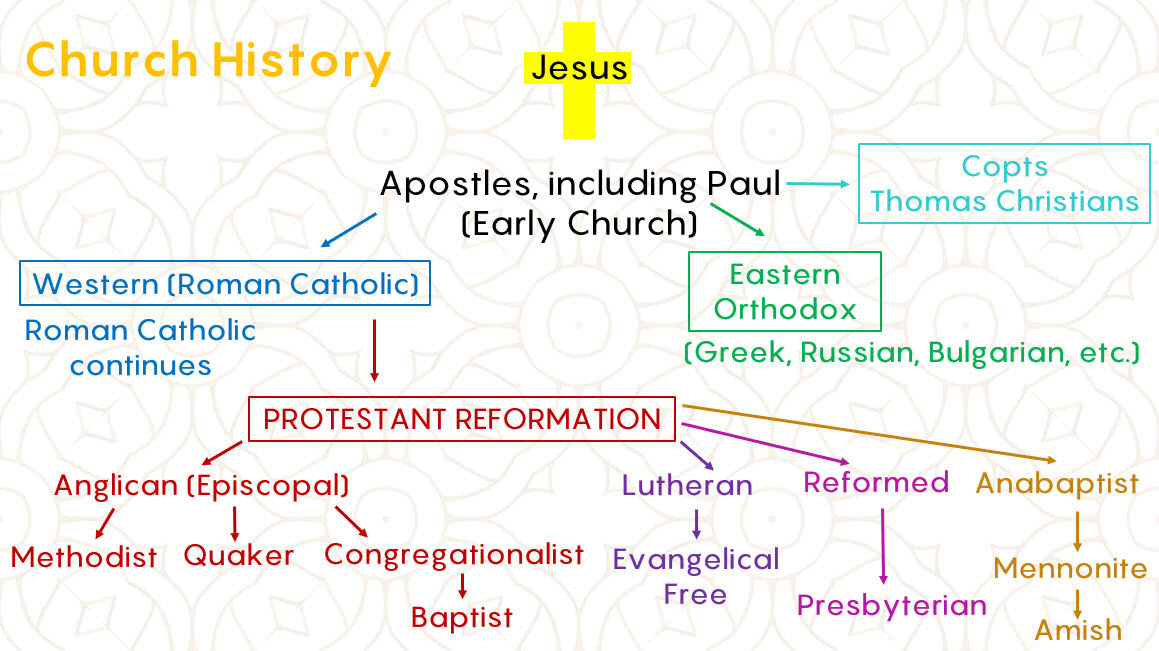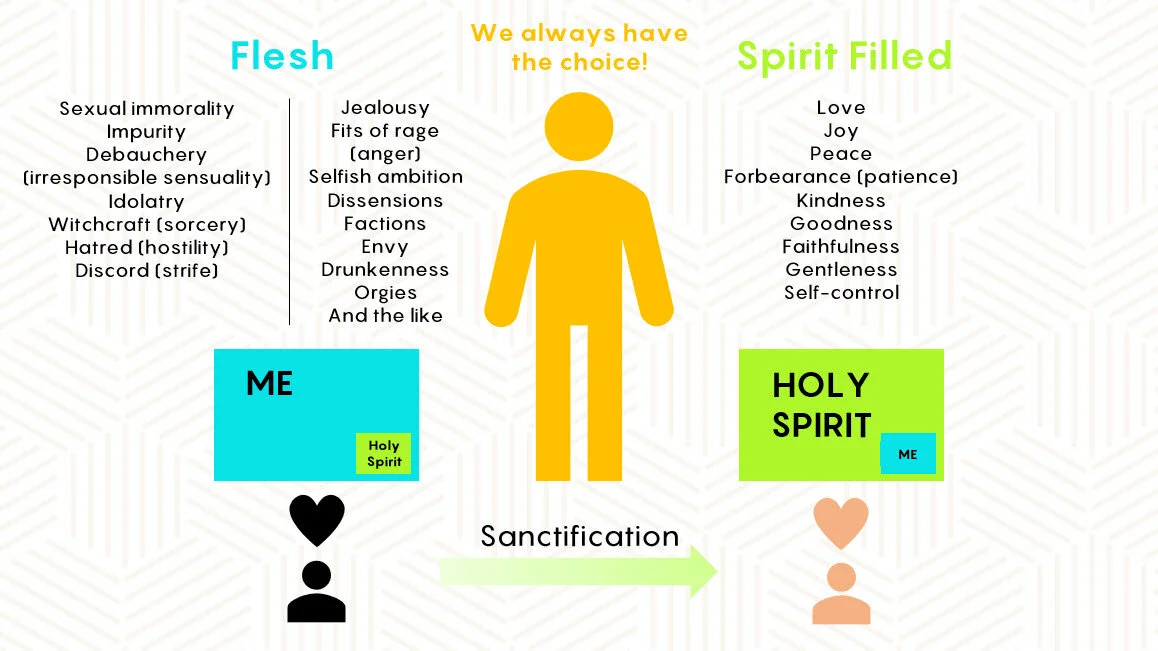The history of the church looked like this:
Back in the day, catholic church answered all theological questions.
Reformation is usually considered to have started with the publication of the 95 Theses nailed to the door of Wittenberg Castle Church by Martin Luther in 1517. Luther was born on November 10, 1483 and entered the monastery in July 1505.
Reformed Theology consists of 5 Solas:
Sola Scriptura — Scripture Alone
Sola Gratia — Grace Alone
Sola Fide — Faith Alone
Solus Christus — Christ Alone
Soli Deo Gloria — Glory of God Alone
This time we are focusing on Sola Scriptura.
Luther’s Goal was for everyone to have a Bible and in his own language. First German translation was in 1545.
Since people had an opportunity to have the Bible in their own hands and understand the language, they weren’t able to completely understand the meaning of it, hence, misinterpretation problems occurred.
Now the Berean Jews were of more noble character than those in Thessalonica, for they received the message with great eagerness and examined the Scriptures every day to see if what Paul said was true (Acts 17:11, NIV).
There is a difference between knowing about God and knowing God.
There is a difference between knowing about “head knowledge” and knowing God personally “heart knowledge”.
One purpose of the cross was to open the way to the throne so that we can have a personal relationship with God our father.
Why do we do what we do as a Church? What is the purpose if there in no personal relationship with God? Without that personal relationship with God, what Christ did has no meaning, it’s all about a relationship with God.
Paul write about his knowing about God vs knowing God personally.
No Confidence in the Flesh
4 though I myself have reasons for such confidence. If someone else thinks they have reasons to put confidence in the flesh, I have more: 5 circumcised on the eighth day, of the people of Israel, of the tribe of Benjamin, a Hebrew of Hebrews; in regard to the law, a Pharisee; 6 as for zeal, persecuting the church; as for righteousness based on the law, faultless.
7 But whatever were gains to me I now consider loss for the sake of Christ. 8 What is more, I consider everything a loss because of the surpassing worth of knowing Christ Jesus my Lord, for whose sake I have lost all things. I consider them garbage, that I may gain Christ 9 and be found in him, not having a righteousness of my own that comes from the law, but that which is through faith in Christ—the righteousness that comes from God on the basis of faith (Philippians 3:4-9, NIV).
Pharisee's emphasized strict interpretation and observance of the Mosaic law in both its oral and written form. Notice how Paul compares confidence in being a faultless Pharisee as garbage compared to knowing Christ.
Growth in Christian Virtue
2 May grace (God’s favor) and peace (which is perfect well-being, all necessary good, all spiritual prosperity, and freedom from fears and agitating passions and moral conflicts) be multiplied to you in [the full, personal, precise, and correct] knowledge of God and of Jesus our Lord.
3 For His divine power has bestowed upon us all things that [are requisite and suited] to life and godliness, through the [full, personal] knowledge of Him Who called us by and to His own glory and excellence (virtue) (2 Peter 1:2-3, Amplified).
Verse 2 - Notice how Grace and Peace are multiplied – how? - the full, personal, precise, and correct] knowledge of God and of Jesus our Lord.
Verse 3 - We also get - [absolutely] everything necessary for [a dynamic spiritual] life – how? through the [full, personal] knowledge of Him.
“So how’s your intimate personal relationship with God doing? ”
You have an intimate relationship with your spouse, is your relationship with God comparable? Is your relationship with God two way or one way?
Waiting on God
But those who wait for the Lord [who expect, look for, and hope in Him] will gain new strength and renew their power; they will lift up their wings [and rise up close to God] like eagles [rising toward the sun]; they will run and not become weary, they will walk and not grow tired (Isaiah 40:31, Amplified).
Waiting - who expect, look for, and hope in Him
Results – new strength and power, run and not become weary
Rise up close to God – when we are face to face with God
The difference of “Waiting for the Lord” vs “Waiting on the Lord”
Waiting for the Lord - he serves you – I am expecting that he will serve me
Waiting on the Lord – you serve him - Like a waiter waits on his customer
My definition of Waiting on the Lord:
I pause and consult with God before I turn or pursue any human effort or aid.
God’s Love
4 But God—so rich is He in His mercy! Because of and in order to satisfy the great and wonderful and intense love with which He loved us,
5 Even when we were dead (slain) by [our own] shortcomings and trespasses, He made us alive together in fellowship and in union with Christ; [He gave us the very life of Christ Himself, the same new life with which He quickened Him, for] it is by grace (His favor and mercy which you did not deserve) that you are saved (delivered from judgment and made partakers of Christ’s salvation) (Ephesians 2:4-5, Amplified).
God has this super intensity to want to love us
God needs to satisfy his great and wonderful intense love that he has for us
He chose us so that he can satisfy his need to Love
He wants (needs) to love you, will we give him the opportunity?
Sometimes we just don’t get it, we won’t allow him to love and bless us because we think that we have it all under control
Notice that even while we were covered in sin, he loved us. Our sin never kept him from loving us.
God’s intense need to love us wants to be satisfied. Will we allow him to bless us and become active on our behalf?
As we spend time with God face to face, he changes us. He aligns our will with His will. The process of Sanctification takes place.
13 For it is [not your strength, but it is] God who is effectively at work in you, both to will and to work [that is, strengthening, energizing, and creating in you the longing and the ability to fulfill your purpose] for His good pleasure (Philippians 2, Amplified).
I am not changed by my own strength – it is God who changes me! It is this change that gives me the ability to fulfill my purpose – his will for my life. It’s the Holy Spirit who does this sanctifying work.
Without a personal relationship with God, and knowing his will for our lives, can we really please him? This next verse makes that totally clear.
21 “Not everyone who says to me, ‘Lord, Lord,’ will enter the kingdom of heaven, but only the one who does the will of my Father who is in heaven. 22 Many will say to me on that day, ‘Lord, Lord, did we not prophesy in your name and in your name drive out demons and in your name perform many miracles?’ 23 Then I will tell them plainly, ‘I never knew you. Away from me, you evildoers!’ (Matthew 7:21-23, NIV)
Here is my challenge to you:
If you a Christian and have not yet, or are not entering that secret place to meet with God face to face, start. You will not regret it. If fact, you are missing out on God’s need to bless you and to pour out his love on you.
If you are a Christian and are having a quiet time and it’s nothing more then reading some devotional or the Bible and praying, understand that you are meeting with the God of this universe face to face. Begin a new intimate relationship with him. You will not regret it. Allow him to love on you and to go into action for you by waiting on him.
If you are a Christian that has an intimate personal relationship with God, take it to the next level. Move your meeting with him in that secret meeting place to every waking hour of your life.






